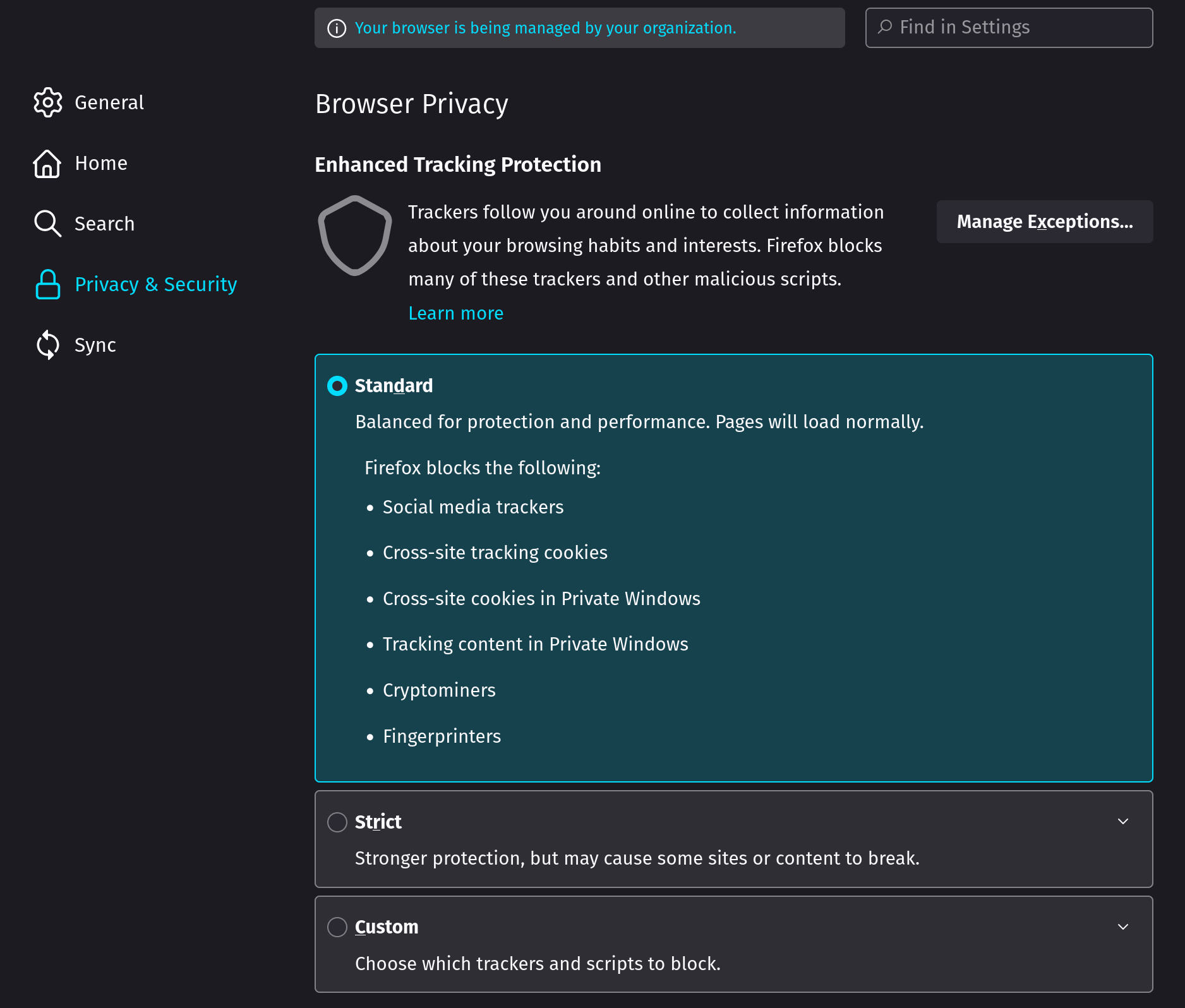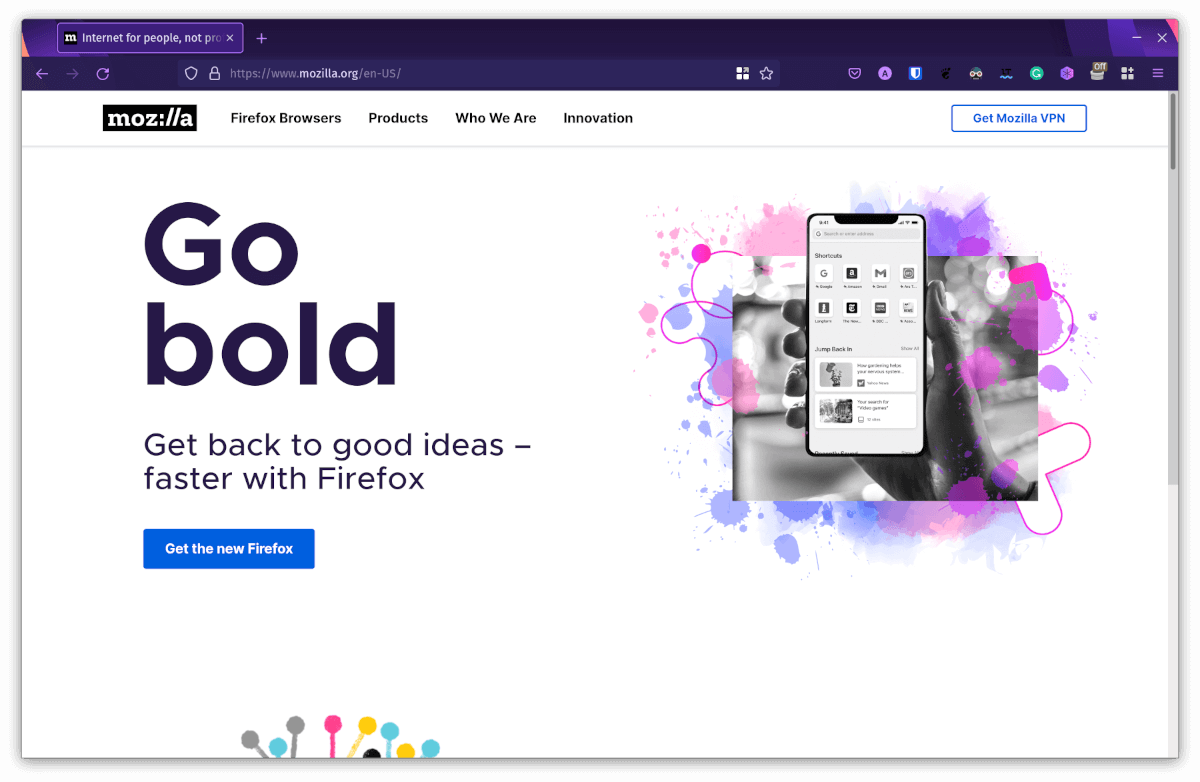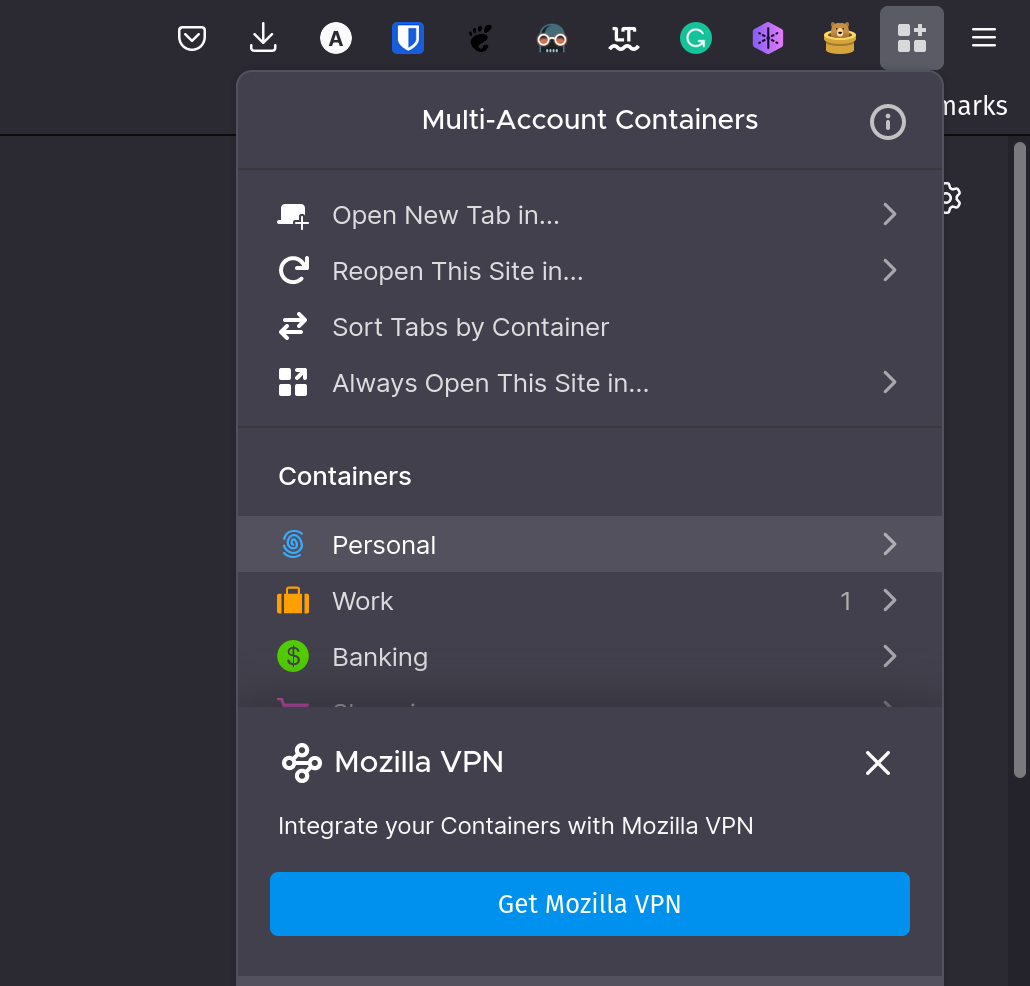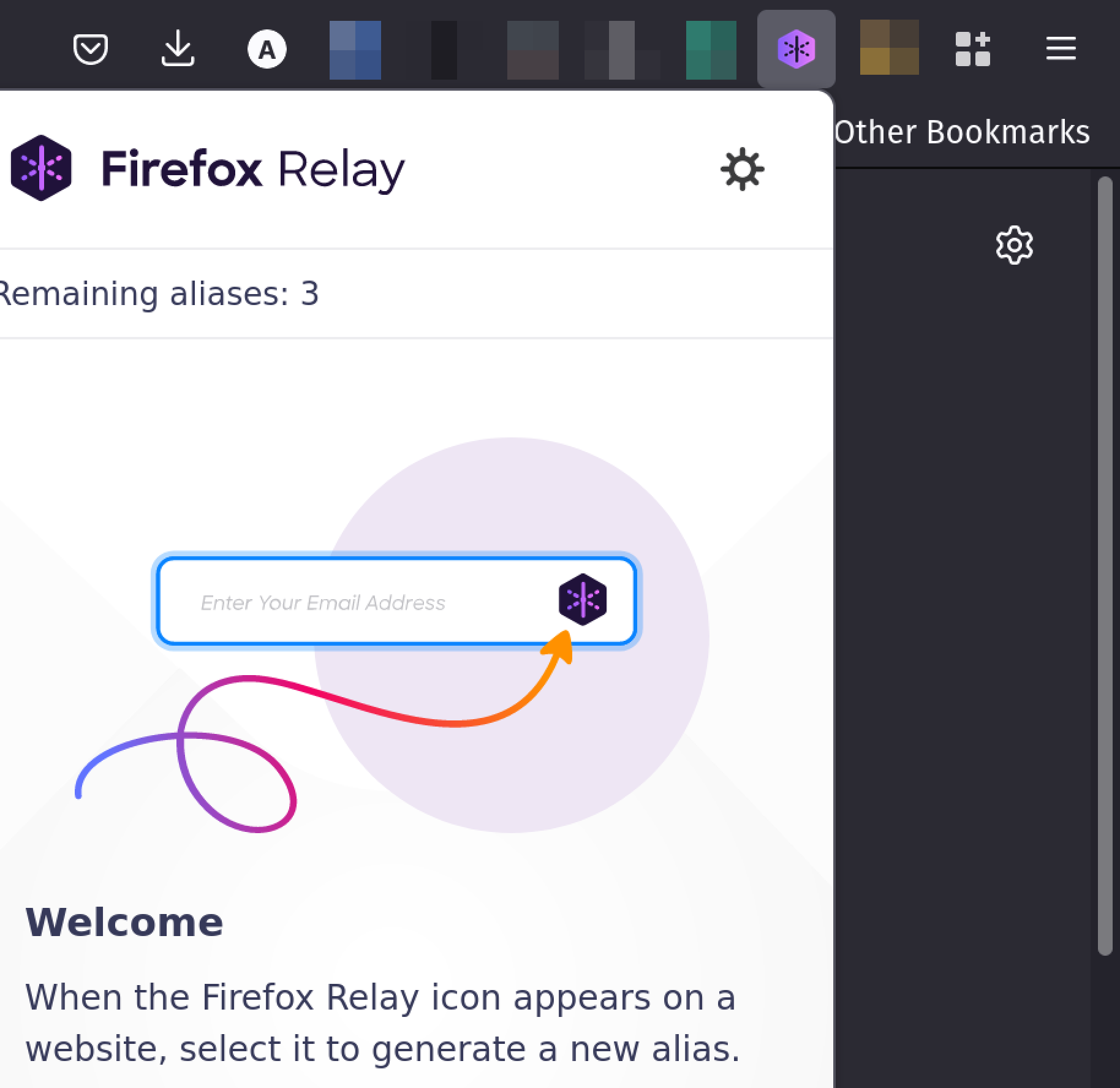
Firefox is a fantastic open-source web browser. Considering it comes pre-installed with most Linux distributions, it does not take rocket science to assume that it is a popular choice among Linux users and privacy enthusiasts.
However, nothing is ever perfect.
Whether it is Mozilla Firefox, Google Chrome, Brave, or any of the best browsers available for Linux. Every option has a trade-off.
I have been using Firefox for years now, but I recently switched to Vivaldi for its tab management feature and then tried Brave for a moment as well.
But, all this time, I found myself constantly going back to Firefox and thinking about it all the time, while I was happy with another web browser (consider it to be a meme).
So, why do I keep coming back to Firefox? Why do I think Mozilla Firefox is an ideal web browser for everyone?
Here, let me highlight some pointers:
1. Privacy-Focused Solution

Nowadays, every web browser (of course, except Google Chrome) aims to provide privacy-oriented features.
You will get a variety of options with Brave, and even with Vivaldi.
Note that this isn’t a feature comparison, but based on what I prefer/noticed.
Brave lets you customize the tracking protection, but it does not offer a preset. You will find yourself tweaking the blocking protections to get the experience you want. But, Firefox lets you easily choose a “Standard” or “Strict” protection mode without needing to customize individual settings.
When it comes to Vivaldi, it offers the ability to switch the type of tracking protection quickly, but it is not as good as Firefox. Furthermore, you do not get things like cross-site cookie blocking, and protection against cryptominers/fingerprinters.
In addition to these subtle differences, Firefox keeps adding new options to its privacy protection offering.
For instance, the HTTPS-Only mode eliminates the need for any extensions/add-ons that ensure that you connect to the HTTPS version of a page.
2. Simplified User Interface

I know that I have complained a lot about Firefox constantly revamping its user interface.
And, yes, that isn’t very pleasant.
But, every time I get used to it, I find it a simple and effective user interface. I prefer to enable the dark theme.
The recent updates have made it easier to access options, add-ons, themes, and more.
Personally, it feels better than other browsers.
Here’s to hoping that they do not continue their tradition of breaking the user experience with every major upgrade.
3. Open Source
Mozilla Firefox is an open-source web browser. You already know it, but that is what makes it an outstanding choice over proprietary options like Chrome.
Firefox is the first open-source web browser I tried after moving away from Google Chrome several years ago.
4. Firefox Multi-Account Containers

Firefox Multi-Account Containers is one of the key highlights of Mozilla Firefox.
It is one of the best Firefox features if you want to make the most out of your browsing experience without compromising privacy.
You need to install the Firefox Multi-Account add-on to get started with it.
The feature lets you open different browsing tabs isolated from each other. For instance, you can stay logged to two different accounts of the same service using this feature. You have available categories that include Personal, Work, Bank, and more.
You can choose to create a new container or open your current tab as a container. It is also possible to automatically set a website to open in a new container.
To take things up a notch, Firefox recently added the ability to enable Mozilla VPN for containers. This way, you can separately secure your browsing experience without enabling the VPN for the rest of the non-container tabs.
While this may not be for everyone, it is a helpful feature.
5. Integrated Services

It is always convenient to have built-in features and services that help enhance the user experience.
With Firefox, you get various useful tools that you can access quickly.
The tools include:
- Save to Pocket button in the address bar to quickly add a webpage/link to read later.
- Mozilla’s VPN service.
- Firefox Relay to protect your original email address.
- Firefox Monitor to notify you of data breaches.
- And, the password manager, if you use it.
6. Active Development
With every Firefox release, you find some valuable upgrades and improvements.
Of course, you should expect the same with every major web browser. But, if you are using a less-known browser for its features, you might want to keep an eye on the frequency of updates/development.
It is important to have security fixes, bug fixes, and other improvements as soon as possible for a secure experience.
7. Just Works!

In my case, I prefer convenience over the latest and greatest.
Even though Firefox manages to offer some industry-first features, it remains a convenient option.
Having a Firefox account synced to all your browsing data and integrated services is beneficial. You can easily log in to the account on any other device to seamlessly continue your work.
With Brave, you do have the sync feature, but it does not work the same way. It requires you to have the primary device present to successfully sync the data to another device (considering you’re scanning the QR code).
Alternatively, you can choose to generate the sync code and keep it with you to sync with a new device But, I find the account-based sync more convenient.
While Vivaldi offers the account-sync feature, it does not work well with my multi-monitor setup. The buttons become unresponsive, and I also fail to successfully sync after Vivaldi 5.1 release.
So, Firefox becomes a hassle-free and convenient option.
8. Fight Against Browser Monopoly
Last year, we reported that Firefox lost almost 50 million users, making it a big concern for users who still prefer a solid offering not based on Chromium.
Technically, we do have Firefox forks and a few other open-source browsers. But, we need Firefox to hold its position to have a viable Chromium alternative.
Wrapping Up
I should mention that I stick to Firefox because it fits my use-case and workflow.
You don’t have to take my word for it. But, at least, if you never considered these as benefits of using Firefox, you might want to give it a try!
What do you think about Mozilla Firefox? Mind telling us about your favorite browser? Let’s talk in the comments below.
- Even the biggest players in the Linux world don't care about desktop Linux users. We do.
- We don't put informational content behind paywall. Your support keeps it open for everyone. Think of it like 'pay it forward'.
- Don't like ads? With the Plus membership, you get an ad-free reading experience.
- When millions of AI-generated content is being published daily, you read and learn from real human Linux users.
- It costs just $2 a month, less than the cost of your favorite burger.
Become a Plus Member today and join over 300 people in supporting our work.









